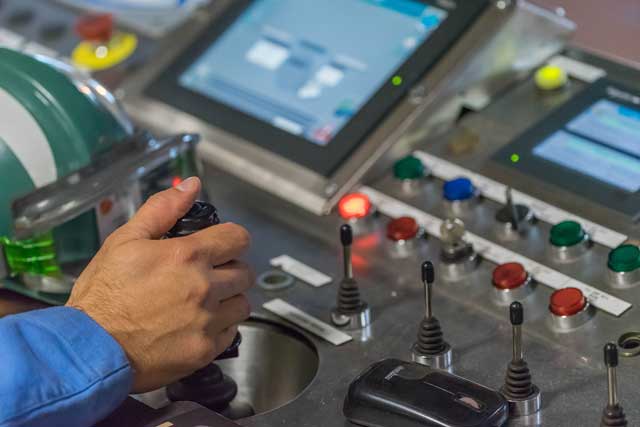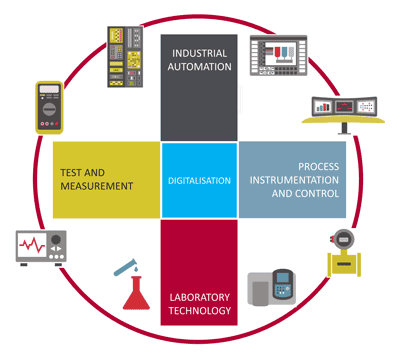
As energy efficiency and climate change rise up the agenda, digital technology can help companies reduce energy use and cut waste at the same time as increasing productivity. Gambica sector head for industrial automation Nikesh Mistry explains how the trade body is seeking to collaborate to promote take-up.

Throughout UK industry, there’s an underlying theme that’s becoming increasingly important: digitalisation. The collection and analysis of data from industrial processes has potentially far-reaching implications for productivity.
Digitalisation provides the ability to connect not only business processes, but also further down the value chain, supply chain and right through to consumer product level.
The process of digitalisation acts as a bridge which makes possible a through-life approach to the way products and applications are utilised. From design and manufacturing right through to the final recycling/disposal stage, digitalisation allows for a newer, more robust, course through the product lifecycle. Preventive maintenance allows breakdowns to be foreseen, but also information can be exchanged between all stages in the cycle, reducing the necessity for interference.

Previously, one goal of automation and digitalisation was to enhance levels of health, safety and wellbeing both at home and in the workplace. Now, activists like Greta Thurnberg and the Extinction Rebellion group are instilling awareness in society to make the correct decisions on a larger scale.
Climate change, energy efficiency and the reduction of waste are emerging as drivers of digitalisation, with the ability to monitor and control these issues. Companies can increase productivity while simultaneously using digital technology to monitor air, water, the environment and more, including pollution control and food waste.
There are other societal drivers of digitalisation which are important. As developments in technology are made, consumers are becoming increasingly reliant on the variety of consumer goods available and the ability to customise them to their own requirements. The United Nations Sustainable Development Goals are a call to action for institutions to adopt and, the UN insists, are essential to achieving sustainable growth. Clean energy and responsible consumption, among others, are goals that create a platform for digital technologies to be used.
Digital processes make repetitive, communication-based tasks run more smoothly. They don’t diminish the ability of a human or mean “robots will take all our jobs”. The choices are still made by humans. Take the Nike ID platform for example: digitalisation means you can customise your own trainer from scratch, but the customisation remains your own. New, digitally skilled jobs are being created that did not previously exist.
What is Gambica doing, as the trade association for the instrumentation, control, automation and laboratory technology industries in the UK, to help promote this digital methodology? We are currently setting up a special interest group which contains members from all our sectors. The underlying aim is to tackle the barriers to the adoption of digitalisation in industry.
We’re aiming to use the extensive range of expertise in our membership base, working alongside prevailing initiatives like the Made Smarter programme in the North West. Our intention is to share ideas and experience, and help to kick-start the journey for those who are unsure of how to start and who may benefit from expert guidance along the right path.
This group at present has no barriers: all are welcome, and Gambica also aims to approach other trade associations, which may have different adoption techniques which should be shared. We invite you to get in touch: the best way is to contact me, or any Gambica colleague, via our website or the contact details below.
Even if it is just a simple question, we are happy to try to help UK industry to be at the forefront of digital adoption worldwide.
More information: Nikesh Mistry – sector head for industrial automation
Nikesh.mistry@gambica.org.uk | 0782 684 5773
LinkedIn: www.linkedin.com/in/nikesh-mistry-4a46b974
Twitter: https://twitter.com/NikeshMGambica

